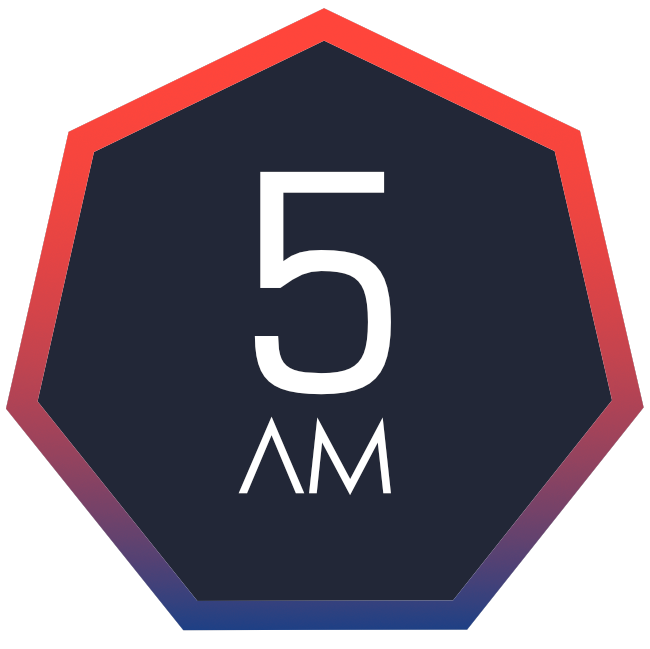Notion for Laravel
 [](https://github.com/5am-code/laravel-notion-api/actions/workflows/main.yml)
[](https://packagist.org/packages/fiveam-code/laravel-notion-api)
[](https://packagist.org/packages/fiveam-code/laravel-notion-api)
[comment]: <> ()
[](https://github.com/5am-code/laravel-notion-api/actions/workflows/main.yml)
[](https://packagist.org/packages/fiveam-code/laravel-notion-api)
[](https://packagist.org/packages/fiveam-code/laravel-notion-api)
[comment]: <> ()
This package provides a simple and crisp way to access the Notion API endpoints, query data and update existing entries.
Documentation
For a extensive documentation, more context and usage examples, head over to the official documentation at notionforlaravel.com.
Quick Start Guide
All examples refer to our test database, which you can find here.
Installation
The package is compatible with Laravel 8, 9 and 10. The minimum PHP requirement is 8.0.
-
Install the package via composer:
composer require fiveam-code/laravel-notion-api -
Get your Notion API access token like explained in their documentation. It's also important to grant access to the integration within your Notion pages, which is described in the developer documentation at Notion as well.
-
Add a new line to your applications
.envfile:NOTION_API_TOKEN="$YOUR_ACCESS_TOKEN" -
You're ready to go! You can now access Notion endpoints through the
Notionfacade:use \Notion; Notion::databases()->find("8284f3ff77e24d4a939d19459e4d6bdc");That's it.
For detailed usage information and a list of available endpoints see (the docs).
Examples
Fetch a Notion Database
The databases()->find() method returns a FiveamCode\LaravelNotionApi\Entities\Database object,
which contains all the information about the database, including its properties and the possible values for each
property.
use \Notion;
Notion::databases()
->find("8284f3ff77e24d4a939d19459e4d6bdc");Fetch a Notion Page
The pages()->find() method returns a FiveamCode\LaravelNotionApi\Entities\Page object,
which contains all the information about the page, including its properties and the possible values for each property.
Notion::pages()
->find("e7e5e47d-23ca-463b-9750-eb07ca7115e4");Search
The search() endpoint returns a collection of pages that match the search query. The scope of the search is limited to
the workspace that the integration is installed in
and the pages that are shared with the integration.
Notion::search("Search term")
->query()
->asCollection();Query Database
The database() endpoint allows you to query a specific database and returns a collection of pages (= database
entries).
You can filter and sort the results and limit the number of returned entries. For detailed information about the
available
filters and sorts, please refer to the documentation.
use FiveamCode\LaravelNotionApi\Query\Filters\Filter;
use FiveamCode\LaravelNotionApi\Query\Filters\Operators;
$nameFilter = Filter::textFilter('Name', Operators::EQUALS, 'Ada Lovelace');
\Notion::database("8284f3ff77e24d4a939d19459e4d6bdc")
->filterBy($nameFilter)
->limit(5)
->query()
->asCollection();Compound filters for AND or OR queries are also available:
use Illuminate\Support\Collection;
use FiveamCode\LaravelNotionApi\Query\Filters\Filter;
use FiveamCode\LaravelNotionApi\Query\Filters\FilterBag;
use FiveamCode\LaravelNotionApi\Query\Filters\Operators;
use FiveamCode\LaravelNotionApi\Query\Sorting;
# Give me all entries that are
# (KnownFor == UNIVAC || KnownFor == ENIAC)
# and sort them by name ascending
$filterBag = new FilterBag(Operators::AND);
$filterBag->addFilter(
Filter::rawFilter("Known for", [
"multi_select" => [Operators::CONTAINS => "UNIVAC"],
])
);
$filterBag->addFilter(
Filter::rawFilter("Known for", [
"multi_select" => [Operators::CONTAINS => "ENIAC"],
])
);
\Notion::database("8284f3ff77e24d4a939d19459e4d6bdc")
->filterBy($filterBag)
->sortBy(Sorting::propertySort('Name', 'ascending'))
->limit(5)
->query()
->asCollection();Tests
You can find even more usage examples by checking out the package tests in the /tests directory.
We are using Pest for out tests and are currently in the process of switching all existing PHPUnit tests to Pest.
If you want to run the tests in your CLI:
vendor/bin/pest testsSupport
Supported by Tinkerwell
The development of this package is supported by Tinkerwell.
Contributing
Please see CONTRIBUTING for details.
Security
If you discover any security related issues, please email hello@dianaweb.dev instead of using the issue tracker.
Credits

License
The MIT License (MIT). Please see License File for more information.
